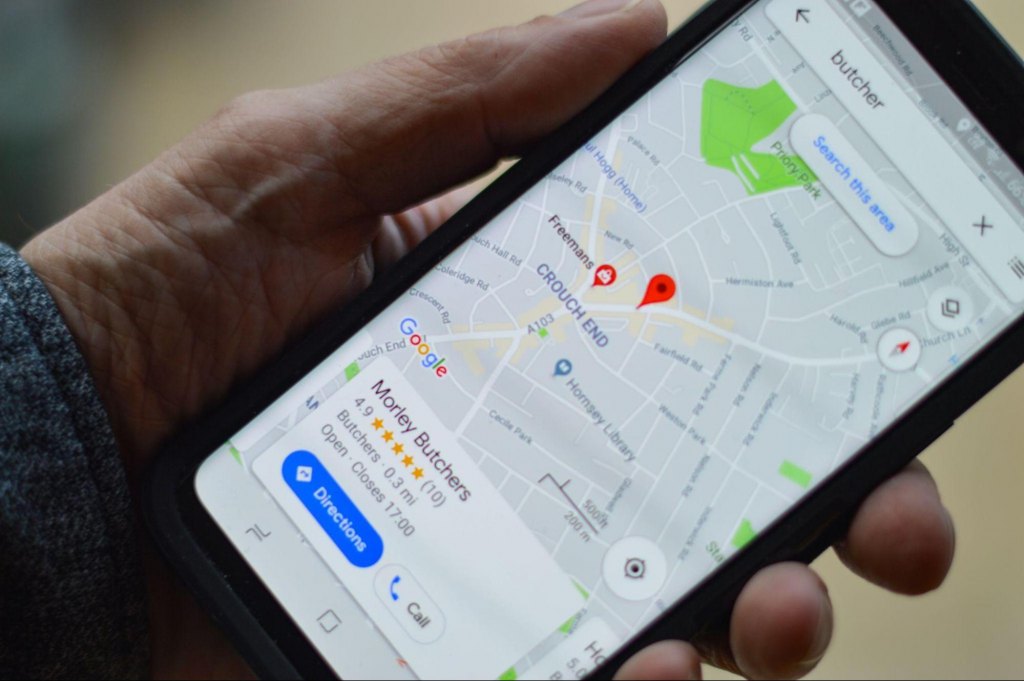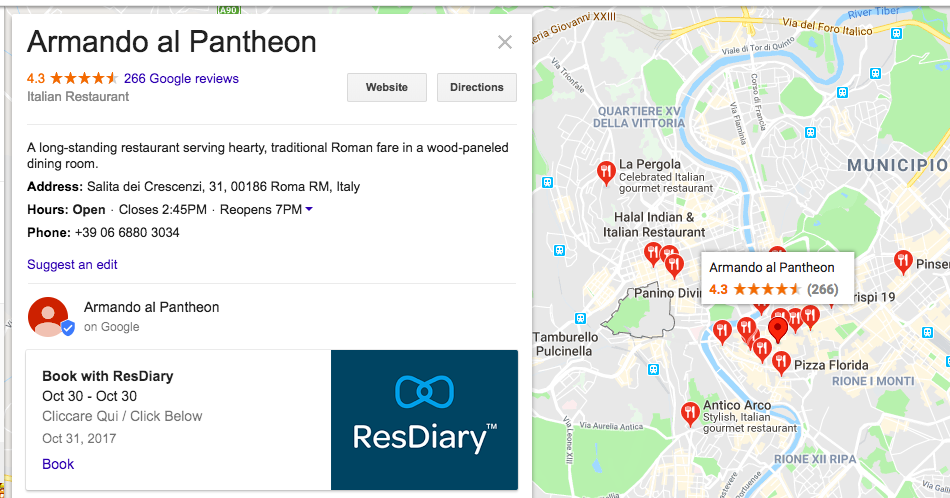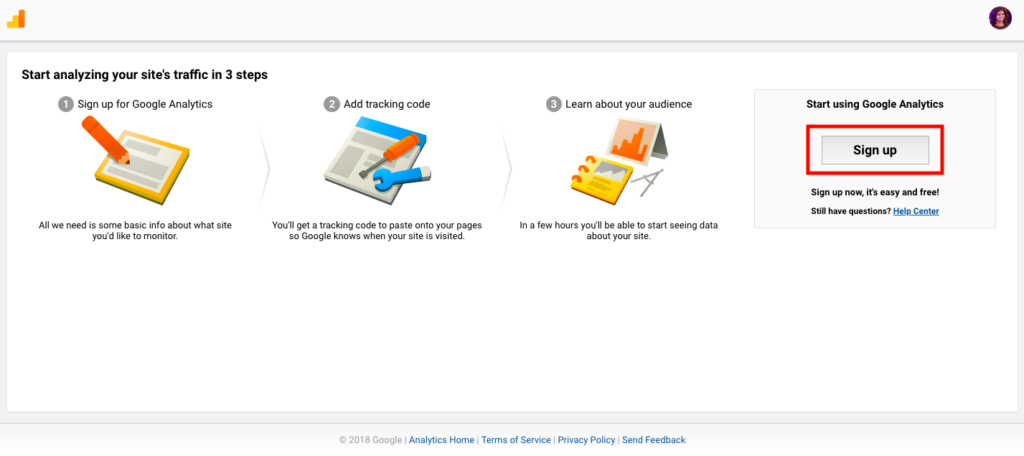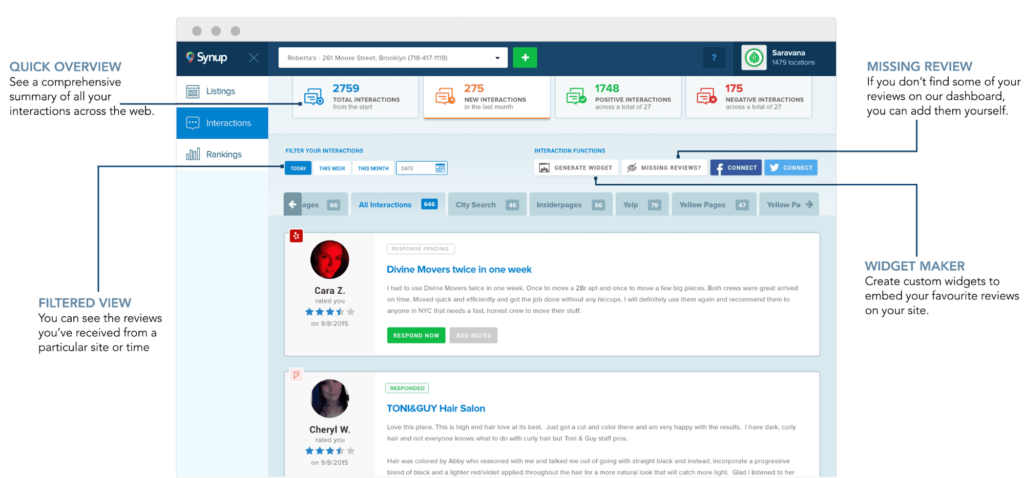Plastering billboards and word-of-mouth might be an effective strategy for small businesses to attract customers. However, only searches also matter and impact your prospects, considering reports that suggest 46% of Google searches indicate users are looking for local businesses. And that’s a huge number.
Contrary to the businesses that operate on a national level, local SEO is highly beneficial to smaller businesses that focus on regional spread, especially to capture the attention of these users.

What Is Local SEO?
Considering the tech advancements, even small businesses these days create websites in hopes of building a customer base. However, you wonder what went wrong when inquiries don’t come pouring in.
The answer to that is your website’s lack of local targeting since people often search for places using targeted keywords like “near me.” Knowing a large chunk of Google users search for local businesses, you need to optimize your site to cater to these searches by using local SEO practices; this, in turn, will help increase your brand awareness and traffic.
How Local SEO Attracts Prospects?
In simple terms, Local SEO revolves around someone’s local searches for services, businesses, products, information, etc., for a specific location. Although marketing software helps you strategize your next move, SEO is the first step to increasing your visibility online exponentially, especially for location-specific searches.
Taking the example of “near me” searches, if someone’s in a different city and wants to go explore traditional food, they would search for a business using a keyword such as “local restaurants near me.” Similarly, if you wish to search for a plumber in your local area, you would instantly search for plumbing services using a keyword like “plumbers near me.”
The Benefits of Local SEO For Your Business
- Increased traffic by targeting location-specific customers through Google searches.
- Improves conversion rates by building credibility in the region
- Establishes consistent customer growth by boosting search engine results
- Competitive upper hand when other local businesses use traditional marketing strategies
- Decreased advertising costs instead of wasting money on banners, pamphlets, local news channels, etc.
- One-time setup for long-lasting rankings as opposed to spending weekly to increase sales
- Collaboration with other local businesses with overlapping niches by cross-promoting services and products.
Local SEO Strategies To Implement For Your Business
1. Create A Google Business Account

Before accessing your business profile, you must create a Google My Business (GMB) account, which is essential to local SEO strategies. Now, add all the requested details to your GMB account dashboard; this will be added to your profile and appear in local search results, Google Maps, and Google Search Knowledge Panel. Considering this is one of the primary factors Google uses to rank your business in organic search results, providing every detail possible will help you rank higher.
2. Optimize For Smartphone Use

Everyone owns a mobile device these days, and due to its convenience, they certainly use it to search for local info and businesses. In fact, a study found that 82% of its participants conducted “near me” searches using their phones. Some ways to optimize your website for mobile devices are to ensure it takes no more than three seconds to load, has a sizable font for better readability, sticks to the necessary information to avoid crowding small screens, and creates intuitive UI/UX.
3. Encourage Customers To Leave Reviews

One sure-shot way to gain a loyal and consistent customer base is to build trust, and what better way to do that than to ask happy customers who have used your products or services to leave reviews about their experiences? Surveys have shown that 85% of users trust online reviews as they would personal recommendations, which means this can grow your reputation. After the reviews are up, don’t forget to stay interactive and professionally respond to them.
4. Local Link-Building
High-quality backlinks leading to your site can do wonders to increase local SEO and organic search rankings. Plus, link building is one of the primary factors in boosting your link profile, but make sure the linking domains are target location-specific. Scholarships, guest article submissions, and partnerships are common ways to get backlinks from credible websites such as trade associations, licensing bureaus, .edu or .gov sites, etc. For example, a college website from your region has a page dedicated to “nearby attractions” for their students, and if your business is one, you can approach them to add your link to their list of resources.
5. Focus On Local Content
Creating content specific to your location or industry is another strong factor in attracting local customers. You can publish educational or informational content through blog posts or videos about local events, news, and other trending topics. You can also create location-specific landing pages, especially if your business has multiple locations. Some other examples of such pages include FAQs, offering discounts or coupons, hosting events yourself, etc., and anything that facilitates interaction between your business and the community.
6. Local Keyword Optimization

Optimize your content’s URLs, meta descriptions, titles, headers, and body by including high-volume keywords to improve your visibility among search engines. You can use Google Analytics and its keyword planner to research and filter relevant keywords that give you an idea of what search terms are prevalent in your region, which will help you target appropriate prospects.
7. Voice Search Optimization
Voice search is growing faster than ever, which means you need to optimize your local SEO, keeping in mind that people use conversational language when speaking instead of when they type their searches; this also results in long tail keywords. One way to do this is to adjust your SEO to understand someone speaking by accounting for common phrases that include what, why, how, who, where, or when. Voice searches usually come up when the user wants a quick answer to their query, for example, someone wanting to know your business hours. So, you should ensure such information is readily available and concise.
8. Use Local Business Directories

Websites like Yelp, LinkedIn, Synup, Foursquare, Citysearch, YellowPages, etc. allow businesses to post their listings within the niche-, location-, company size-, activity-based categories, etc. Your listing will include basic but essential information, such as your business name, description, contact number, address, timings, and a link directed to your website. If you decide to showcase your business across different platforms, ensure your NAP (name, address, phone number) is consistent across all.
Ready To Get Optimized?
With all the information mentioned above, you have all the essentials to take your local SEO game to a whole new level. Keep in mind that you will have to be consistent in updating any new information related to your small business on your end, and doing so can vary from location to location. Using this advice, we hope you can make the most of increasing your website’s viability and growing your business.























Leave a comment!